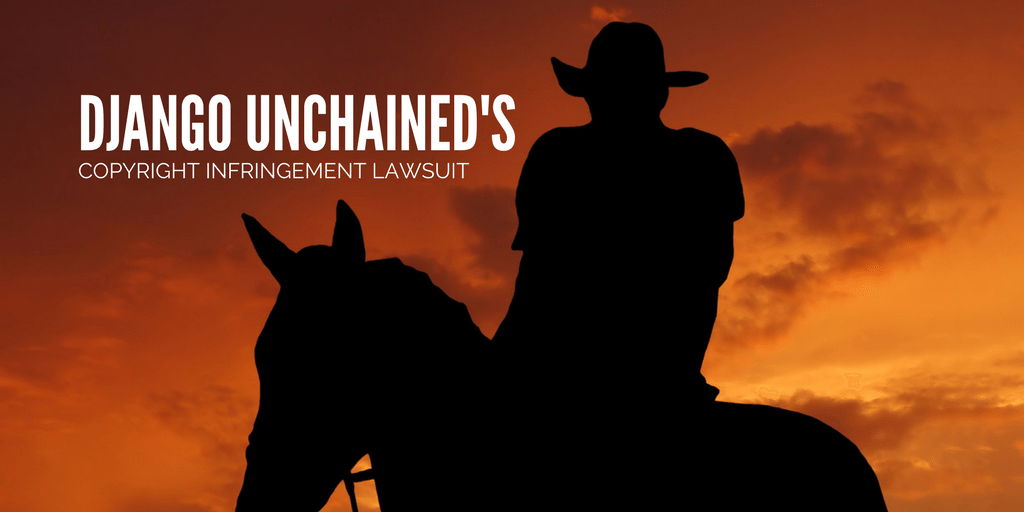3 Takeaways from Django Unchained’s Copyright Infringement Lawsuit
For production houses, a copyright infringement lawsuit is a nightmare come true. Once an accusation is filed, there’s no telling what the possible outcome may be from the costly damages, adverse publicity, and lengthy court battles.
For Quentin Tarantino, an infringement lawsuit presents an uncertain future for his film Django Unchained. An article in The Guardian reveals that Tarantino and Columbia pictures may face the chains of copyright infringement accusations.
As The Guardian reports, the legal action comes from two scriptwriters who produced a screenplay some years ago. According to the article, the writers sent their script to an entertainment firm that showed interest in involving Tarantino on the project.
The article explains that when Django Unchained appeared, the writers found that the film had striking similarities to their own plot and characters, prompting them to file a copyright infringement lawsuit.
Django Unchained, despite its popularity, is involved in a legal imbroglio, and this offers filmmakers a case study highlighting the dangers of copyright infringement.
Here are three takeaways from this current event.
-
A copyright infringement lawsuit is not prevented by fame.
Tarantino is an acclaimed filmmaker, but that did not stop the two scriptwriters from pursuing legal action. Tarantino joins other celebrities who have faced a copyright infringement lawsuit.
Just consider the Hans Zimmer lawsuit over a score he wrote for 12 Years a Slave. Or think back to Jerry Bruckheimer and the copyright infringement claims surrounding Pirates of the Caribbean. The point is that your fame won’t protect you from legal risk.
-
A copyright infringement lawsuit can wreck a film.
While we’ve yet to see the end of this particular lawsuit, it shows how an intellectual property dispute has the potential to destroy a film. The Guardian states that the screenwriters are insisting on a fortune in damages—at least $200 million according to the article.
What’s worse, while this film was released in 2012, news of the lawsuit broke in late 2015. That’s three years after Django Unchained made its debut. Both of these events reveal an uncomfortable truth: you may be happily collecting revenue from your film only to be hit with a hefty lawsuit years later.
-
A copyright infringement lawsuit can be prevented.
The reality is that the risk of copyright infringement can be reduced if the proper steps are taken. In the case of this film, The Guardian explains that the plaintiffs bolster their argument by quoting Tarantino as saying:
I steal from every single movie ever made.
Naturally, such a statement invites potential infringement claims in the future, even if most recognize his quote as regarding the natural creative process. Consider the following questions, and see if you’re openly asking for legal troubles for your film.
- Have your scriptwriters been involved in a controversy in the past? Determine whether they have made statements that would incriminate them in court. Note if they openly joke about legal matters on the internet or with the press.
- Could you substantiate your intellectual property in court? Eliminate any elements you can’t prove are yours, whether they are characters or dialogue.
- Do you have complete coverage with Errors and Omissions Insurance? E & O Insurance provides the necessary financial protection for your film in the instance of an unexpected legal battle.
If you want to obtain E & O Insurance to safeguard your film, then you’ll need to give your carrier necessary information so it can assess your risk.
Provide your E & O Insurance carrier with critical information with a script clearance report. Script clearance examines your film script for potential triggers that could lead to a copyright infringement lawsuit. From character names to protected material, you’ll get a heads-up on what could cause expensive court battles down the road.
Purchase a script clearance report for your film, and mitigate the dangers of a copyright infringement lawsuit.


